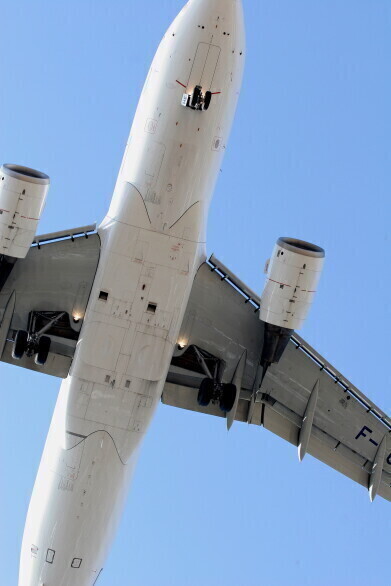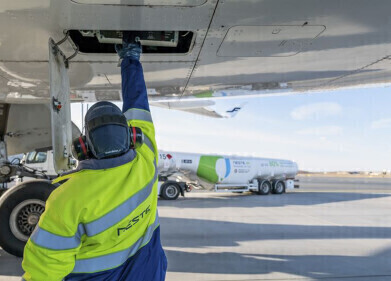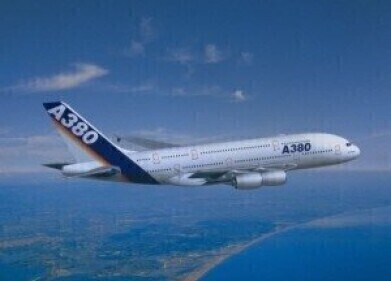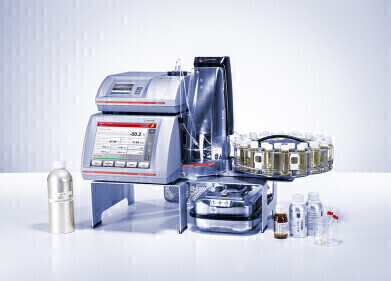Sustainable Aviation Fuel
First transatlantic flight without fossil fuels completed successfully
Nov 29 2023
In an unprecedented leap towards sustainable aviation, a Virgin Atlantic flight, fueled by an innovative blend of waste cooking oil and animal fats, successfully completed its transatlantic journey from London Heathrow to New York. This landmark event represents a significant stride in the aviation industry's endeavor to meet the ambitious net-zero carbon emissions goal by 2050.
Despite the availability of hydrogen or electric-powered flights being in the distant future, the industry is currently focusing on alternative fuels as a bridge to achieving its environmental objectives. The Virgin Atlantic flight, powered by sustainable aviation fuels (SAF), marks the first instance of a commercial airline operating a long-haul flight entirely with such fuels. These fuels are known for emitting considerably less carbon throughout their lifecycle compared to traditional jet fuels.
Although the Boeing 787's tailpipe emissions mirrored those of conventional jet fuel, the utilization of waste products in the unmodified Rolls-Royce engines contributed to an estimated 70% reduction in net emissions for the transatlantic flight. Sir Richard Branson, co-founder of Virgin Atlantic, who was aboard the flight, expressed his relief and pride in this successful endeavor, contrasting it with his previous, more perilous Atlantic crossings.
The reliance on SAF represents a critical step for the industry, which is grappling with the challenge of decarbonizing while simultaneously aiming for growth in the coming decades. However, this approach has sparked debate among environmentalists and scientists, some of whom question the true sustainability of these alternative fuels and advocate for reduced air travel as the only genuine solution to lower emissions.
The aviation sector, responsible for approximately 5% of global greenhouse gas emissions, is exploring various sources of sustainable fuels. These include biomass, which absorbs COâ‚‚ when alive, and future technologies that aim to create cleaner fuel by combining atmospheric COâ‚‚ with green hydrogen. Despite their higher costs compared to kerosene, these alternatives are gaining attention.
Critics, like Tim Johnson of the Aviation Environment Federation, remain skeptical about the long-term impact of such initiatives. They point out the persistent reliance on kerosene and raise concerns regarding the sustainability of feedstocks used in SAF production, including issues related to land use, scalability, and the energy requirements for producing the cleanest fuels.
Industry leaders acknowledge these challenges and the current low production levels of SAF, despite regulatory efforts to stimulate output. The demand for significant investment to scale up production is clear, with Virgin Atlantic's CEO Shai Weiss emphasizing the urgent need for more SAF. The European Union and the United States are implementing policies to boost SAF production, yet the path to achieving the required volumes by 2050 remains daunting.
Innovations like this flight, supported by government funding, demonstrate the potential for greener aviation. However, the scarcity of SAF supply and the need for complementary technologies to meet emission targets are apparent. The UK government, for instance, aims to mandate 10% of aviation fuel as SAF by 2030, a goal that underscores the urgency of increasing SAF production.
Environmental advocates argue that the only immediate solution to reducing emissions is to curtail flight frequency, a stance that contrasts with the industry's and some governments' belief in the achievability of "net zero" by 2050 with increasing passenger numbers. This flight, though a significant milestone, is viewed by experts as a stepping stone towards truly net-zero technologies, which are still in developmental stages.
The aviation industry, while celebrating this achievement, recognizes the need for more rigorous regulations to manage the growth in flying and to win public and regulatory support for SAF. The journey to "jet zero" is complex and fraught with challenges, but the successful transatlantic flight powered by sustainable fuels stands as a testament to the industry's commitment and the potential for transformative change in aviation.
Digital Edition
PIN 25.1 Feb/March
March 2024
In This Edition Safety - The technology behind the ION Science Tiger XT - Safety with ammonia and LOHCs as hydrogen carriers Analytical Instrumentation - Discussion on new tribology te...
View all digital editions
Events
Apr 30 2024 Birmingham, UK
May 03 2024 Seoul, South Korea
May 05 2024 Seville, Spain
May 06 2024 Riyadh, Saudi Arabia
May 06 2024 Houston, Tx, USA



















